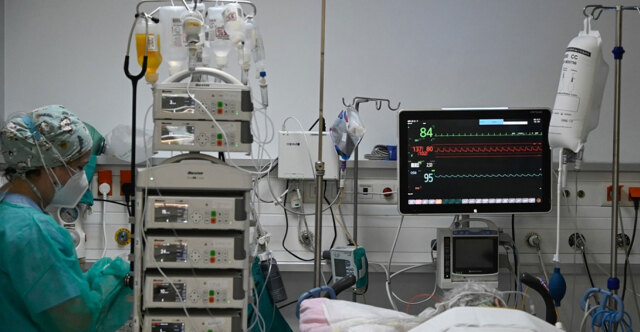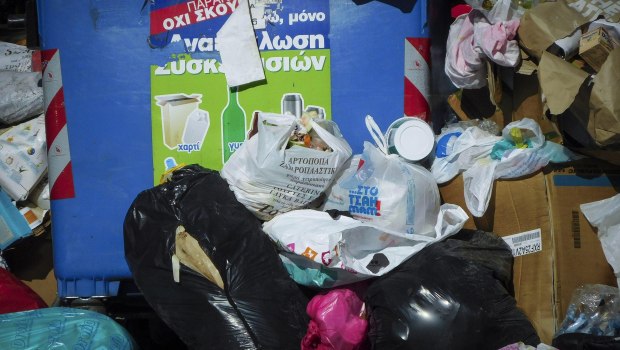Bloomberg: Greek debt at 16-year low – Historic decline after a decade of bailouts (Chart)
Source: ProtoThema English
According to the draft budget submitted to Parliament on Monday, public debt is expected to fall to 145.4% of GDP in 2025, and decrease further in 2026. This marks a significant drop from the historic high of nearly 210% in 2020, and is now lower than the 147.8% in 2010, when the first bailout program was approved.
This development signals another milestone in Greece’s restoration as a credible borrower. The country has already regained investment-grade status, repaid its IMF loans early, and plans to do the same with part of its bilateral European bailout loans. As a result, officials forecast a debt-to-GDP ratio of 137.6% in 2026.
Greece’s borrowings are estimated to have fallen to the lowest level since 2009 https://t.co/wJvVgK3xZT
— Bloomberg (@business) October 6, 2025
The progress is impressive, especially during a period when countries like France—once a supporter of Greece’s bailout programs—are now facing their own fiscal turmoil. The political crisis in Paris has pushed the French-German bond yield spread to its highest level since late 2024, according to Bloomberg.
Greece has rapidly improved its debt profile, outperforming fiscal targets for four consecutive years. In 2025, it is expected to achieve a primary surplus of 0.6% of GDP, compared to an initially forecast deficit of 0.6%. The 2026 draft budget foresees a small deficit of just 0.1%.
Greece’s fiscal picture stands in sharp contrast not only to France but to much of the European Union, as in 2024, Greece was one of only six countries to record a budget surplus.
Higher-than-expected revenues have allowed Prime Minister Kyriakos Mitsotakis to announce tax cuts and support measures to address the rising cost of living, which polls show remains the public’s biggest concern.
The Greek economy is expected to grow by 2.2% in 2025—slightly lower than earlier forecasts but still above the European average. Growth for 2026 is projected at 2.4%.

Highlights from the 2026 Draft Budget:
- Investment growth: +5.7% in 2025, +10.2% in 2026
- Unemployment: 8.6% in 2026 (down from 9.1% in 2025)
- Inflation: 2.2% in 2026 (from 2.6% in 2025)
- Primary surplus: 3.6% of GDP in 2025, 2.8% in 2026
- GDP: Approx. €261 billion (~$304 billion) in 2026
The government is focusing on attracting foreign investment, particularly in the technology and renewable energy sectors, aiming to boost employment and productivity.
Ask me anything
Explore related questions
The original article: belongs to ProtoThema English .



